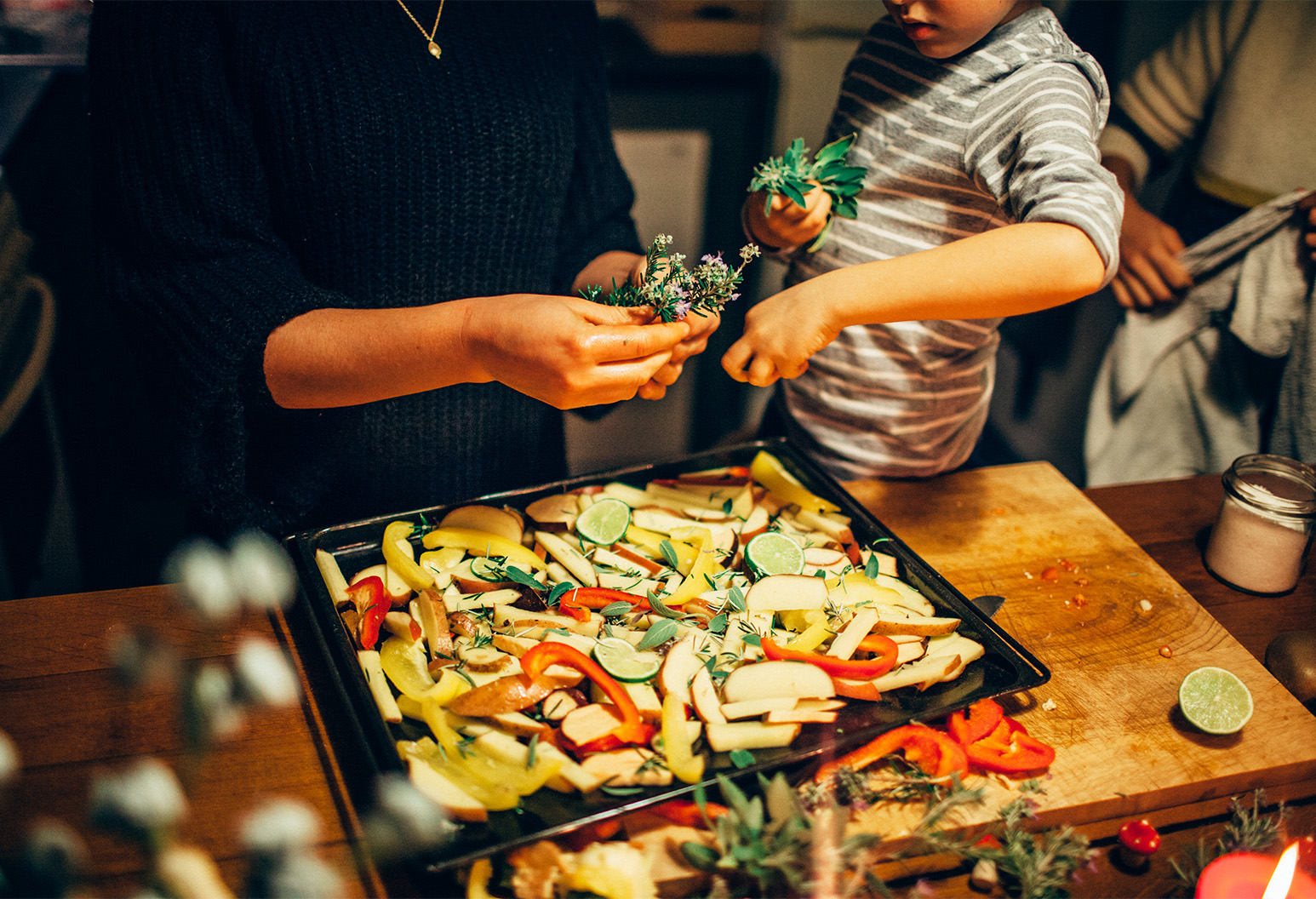By Michelle Murdolo, MS, RD, CDN
Patients often worry about how they’ll manage meals after bariatric surgery. Add the holidays into the mix and things become even more complicated. The holiday experience may feel a bit different after, and even leading up to surgery, and this can cause a lot of stress. Depending where you are on your surgery journey certain things (carbonation, alcohol, high sugar items) may be off limits. All these changes may be frustrating for you, and confusing for your family. Here are some tips to help navigate changes during the holidays, and all days!
- Enjoy your company and time spent with your family. Try to make the focus of the holidays on being with your loved ones, rather than putting the emphasis on food.
- Continue to stick with structured meals – you should never arrive to your holiday celebration feeling ravenous. Don’t skip breakfast or lunch to “save room for later” – consistency is important. This will prevent you from feeling famished by mealtime and you’ll make better choices in the end.
- Remember – protein first, fruits and vegetables next, starches last. Aim to fill half your plate with produce, one quarter with protein and one quarter with starches. It’s a good idea to minimize or avoid high sugar foods to prevent dumping syndrome and be mindful of alcohol intake.
- Be mindful of your portions. You never want to push yourself into pain or discomfort, which could cause you to feel miserable or even guilty the rest of the holiday celebration. Eat slowly and chew well. Give yourself time to feel your fullness when it hits. When that happens, listen to your body.
- Don’t forget to stay hydrated!! Keep up those habits that you’ve built. Continue to sip your fluids throughout the day. As always, small sips and avoid drinking your fluids with meals.
- Consider bringing a dish! Not only are you able to contribute to the celebration, but you know at least one thing will work for your body. This will make it easier for you to focus on just eating what you can. It may be a good idea to hold off on foods you’re unsure of or try them on your own first.
- A good support system can make holiday celebrations easier. But whether you feel supported or not, don’t feel pressured into eating foods you don’t want to, or that are not appropriate for where you are in your surgery journey. Advocate for yourself – you know better than anyone else what is best for you.
- Maintaining an exercise routine may become difficult as the weather gets colder, and the days get shorter. If your main source of exercise involved going outdoors, and cold weather is not for you, start to explore alternative ways of moving your body. Consider joining a gym, taking a group class (Pilates, yoga, Zumba, etc.), or even loading up a YouTube video each day. Find something that you enjoy so you want to keep coming back for more!
- Make yourself a priority – remember you made the choice to get surgery for Each day, holiday or not, continue to make choices that are best for you. Ask yourself – is this helping me reach my goals, is this helping me get where I want to be?
- Practice self-compassion. Remember this is just one day out of the year and it will not make or break you. Having one salad at one meal will not make you lose weight, similarly, making one choice at one meal that you don’t feel was aligned with your goals will not cause you to gain weight. What is most important is our patterns, so enjoy the holiday and remain consistent after.
- If you feel like the day could have gone better be gentle with yourself and move on. You can use this as an opportunity to learn. Where do you feel you struggled? What do you think could have gone better? How can you be better prepared next time? What will you do different next time? Spend some time reflecting on the day to make the next holiday go as smoothly as possible!
- Most importantly, these holidays are times of Enjoy yourself, your meals, and your time spent with loved ones!
Michelle Murdolo, MS, RD, CDN is a registered dietitian nutritionist working to guide patients through their bariatric surgery and weight management journey. She comes from a background of eating disorders and disordered eating and emphasizes body positivity and health.


